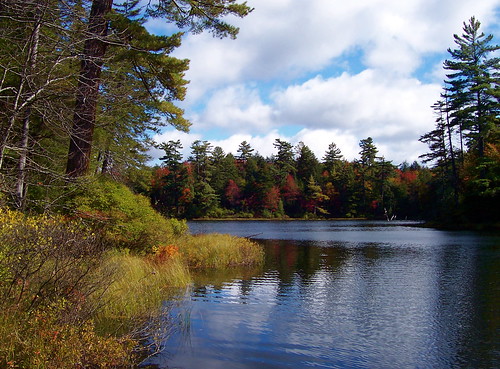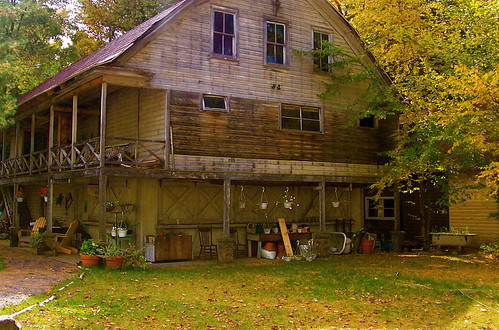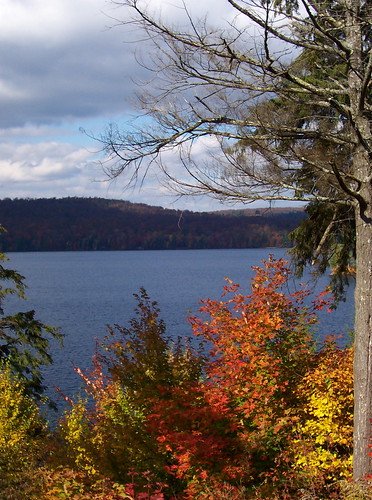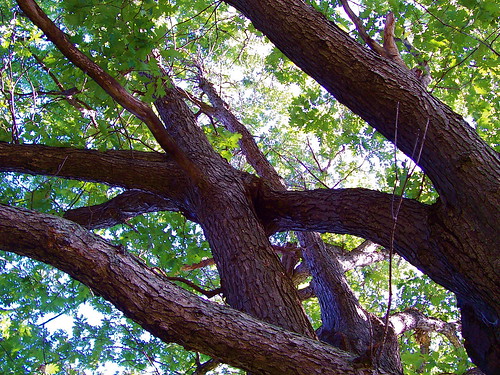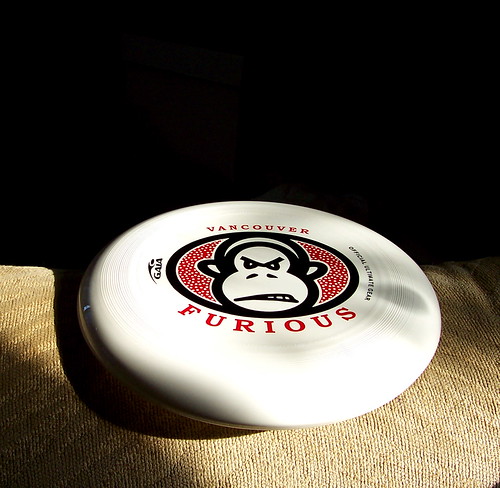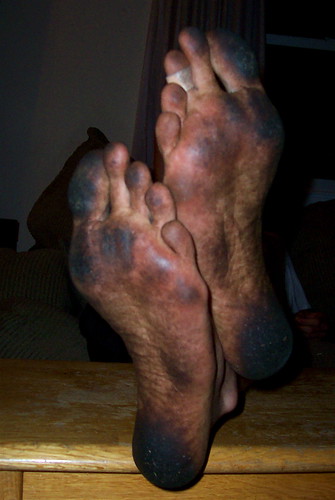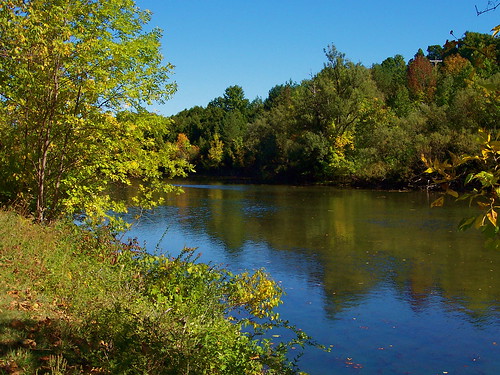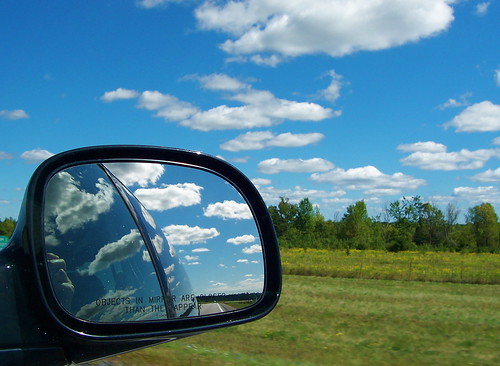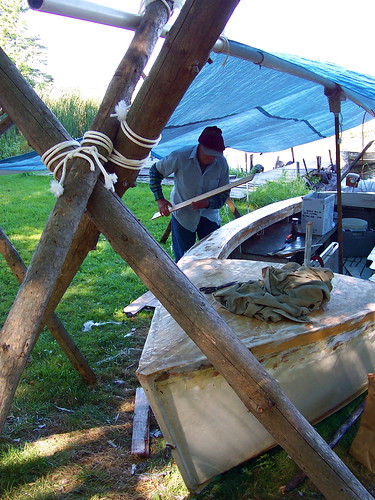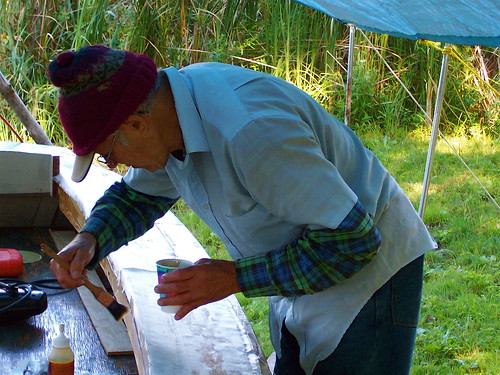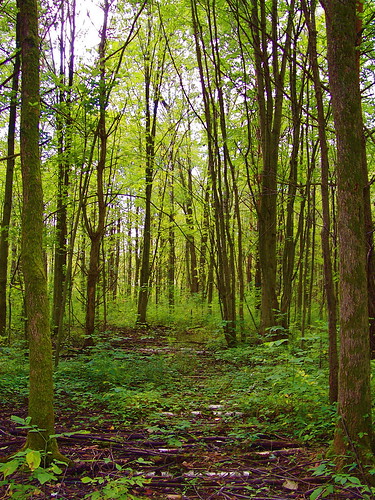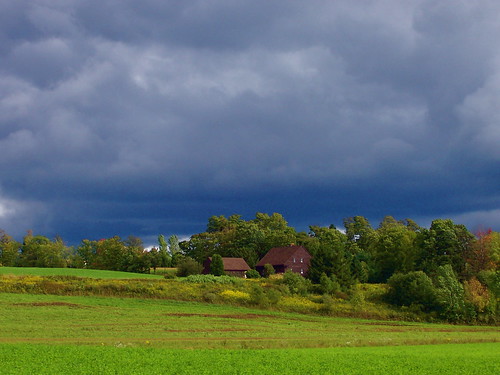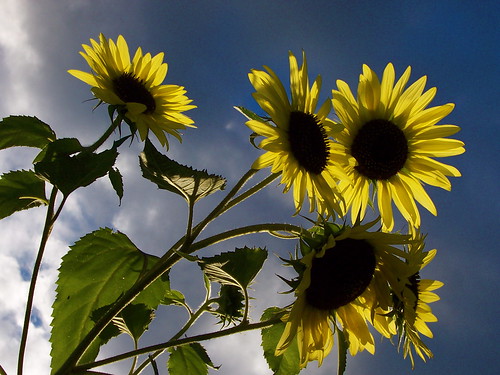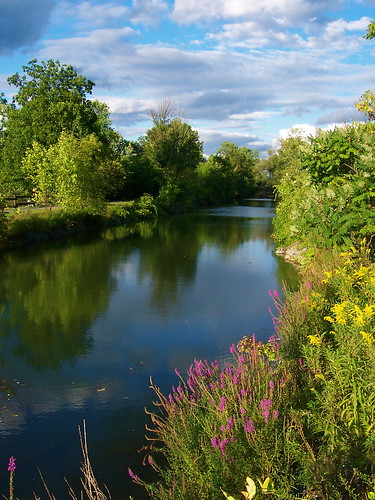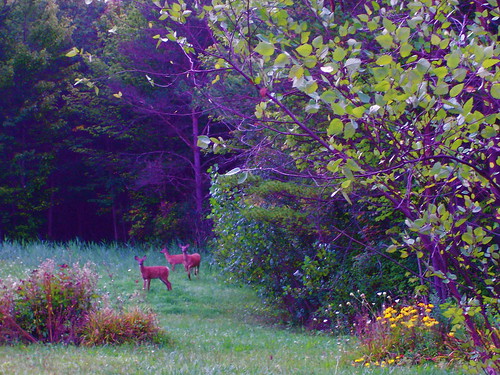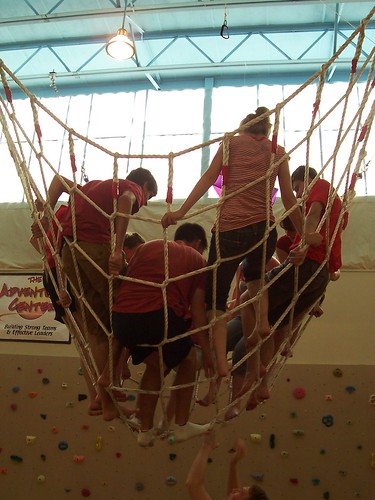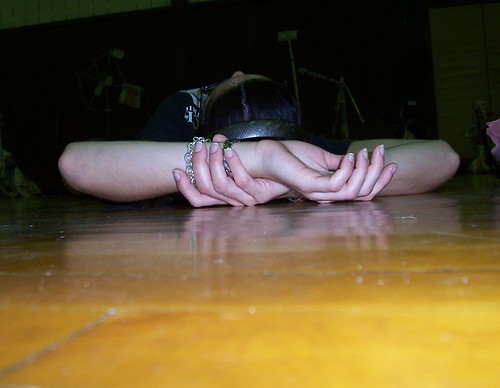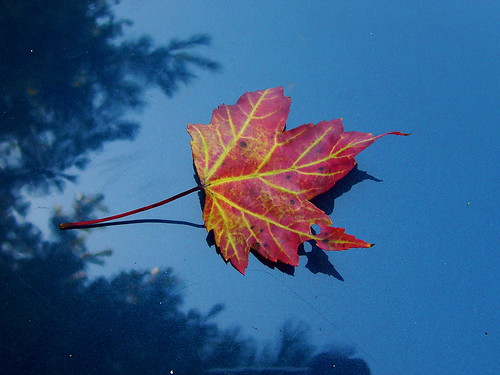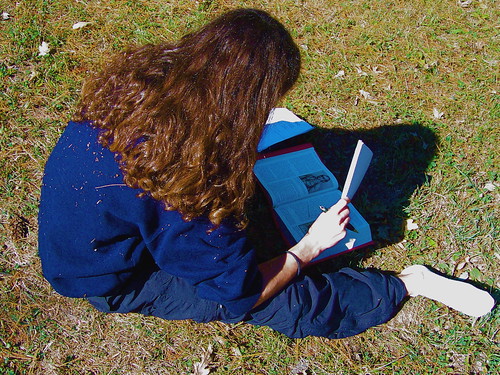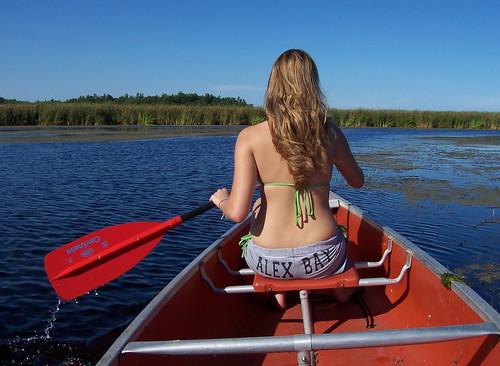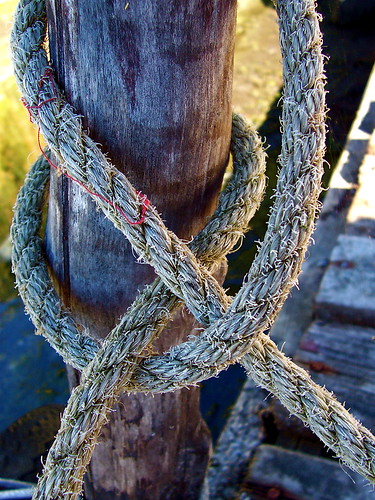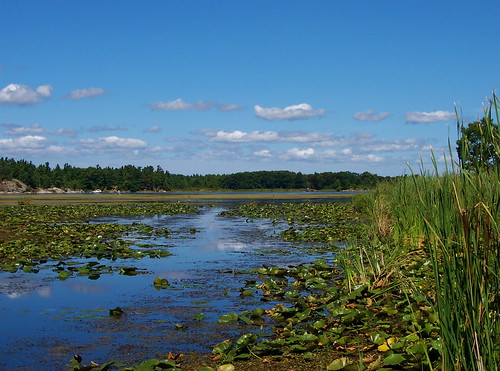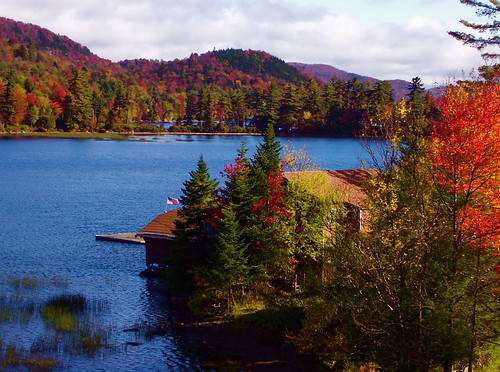
Friday morning, I arrived at my parents' house bright and early to drive them to the mountains. Their bags were packed and sitting under the picture window near the front door. My mother, who opened the door, was dressed to go, even wearing her fleece. But my father, just minutes before, had gotten suddenly sick, down with some kind of stomach virus that left him vomiting and nauseous, unable to travel. It had happened very fast, all in the few minutes that it takes for me to drive from my home to theirs.
We were all disappointed, but at least it was just a simple virus and not something more serious. My father is 76 years old, so his continued good health is not something any of us take for granted. Since I'd already paid for the rooms at the inn we were staying at, my mother and I began brainstorming for plan B. She didn't want to leave my father, so her coming was not an option. But she didn't want the rooms at the inn to go to waste. I called my husband to ask if he wanted a spontaneous trip to the mountains.
We made arrangements fast. My husband maneuvered things at work so that he could be done by 3 pm, which would get us to the inn before dark. My oldest two kids were out of town, Boy in Black at an Ultimate Frisbee tournament and my daughter visiting friends, but First Extra was willing to help out. He would pick With-a-Why up at school, take him to his piano lesson, pick up Shaggy Hair Boy, take him to his piano lesson, and the circle back again to take Shaggy Hair to his guitar lesson. Neighbor Woman said that the two boys could sleep at her house, home to Older Neighbor Boy and Philosophical Boy, and she invited Skater Boy to join them as well. After just a few phone calls, everything was in place, and by late afternoon, my husband and I were driving to the mountains for a romantic weekend that came as a bonus.
The weather was changeable as we drove through both rain and sun, but as soon as we hit the higher elevations, we could began seeing the fall colours in the trees along the road. For sheer beauty, it would be hard to beat the mountains in autumn. The winding mountain road led us past small lakes, stands of pine trees, and maple trees that burst with red and gold. By the time we pulled into the old mountain inn on Large Ungulate Lake, we were both hungry and ready for a leisurely dinner in the restaurant that overlooked the lake.
Of course, I'd packed for a weekend with my parents and not my husband, which mean that my overnight bag contained papers to grade rather than lingerie, a discovery which led to all kinds of jokes that I cannot repeat on this kind of blog. Our room looked out over the lake, lit only by moonlight. Most of the summer camps on the lake are dark and quiet in the fall, although light spilled across the porch from the inn's restaurant, which was filled with laughing, talking patrons.
Saturday, we woke to a blue and gold autumn day, cool enough for long pants and a fleece. We hiked around one of our favorite lakes and found a bridge where we could sit in the sun and talk. Always, it is wonderful to leave behind the everyday world of work, papers, computers, email, telephone calls, and tight schedules. We talked about childhood memories and landscapes we love, and about how difficult it is to let go as our children turn into young adults. We took off our socks and hiking boots to put our feet into the icy cold mountain lake.
By lunchtime, we'd visited a few of the places I usually go to with my parents: the resort on the lake, the public dock on Numbered Lake, some short hiking trails. A strong, cold wind was blowing across the lake, so we stopped in town to buy some homemade pie, and hiked into a bog, which I knew would be warm and sheltered. The boardwalk kept us high and dry, and soon we were both lying down in the sun, using our rolled-up sweatshirts as pillows and taking a peaceful nap in the sun. The busy, stressful world of fall semester seemed miles and miles away.
